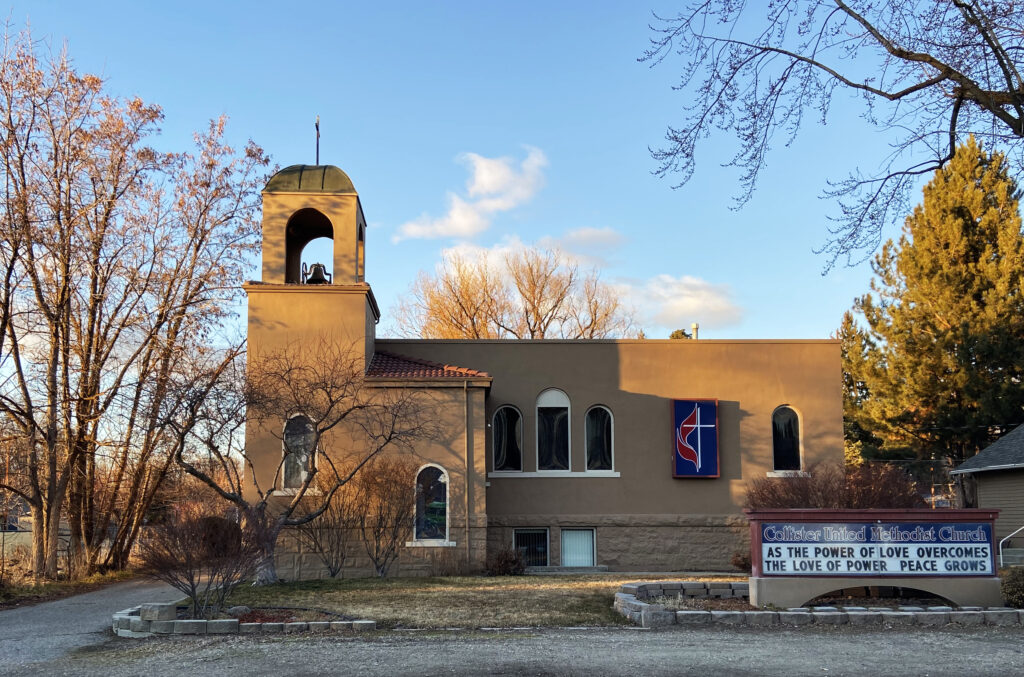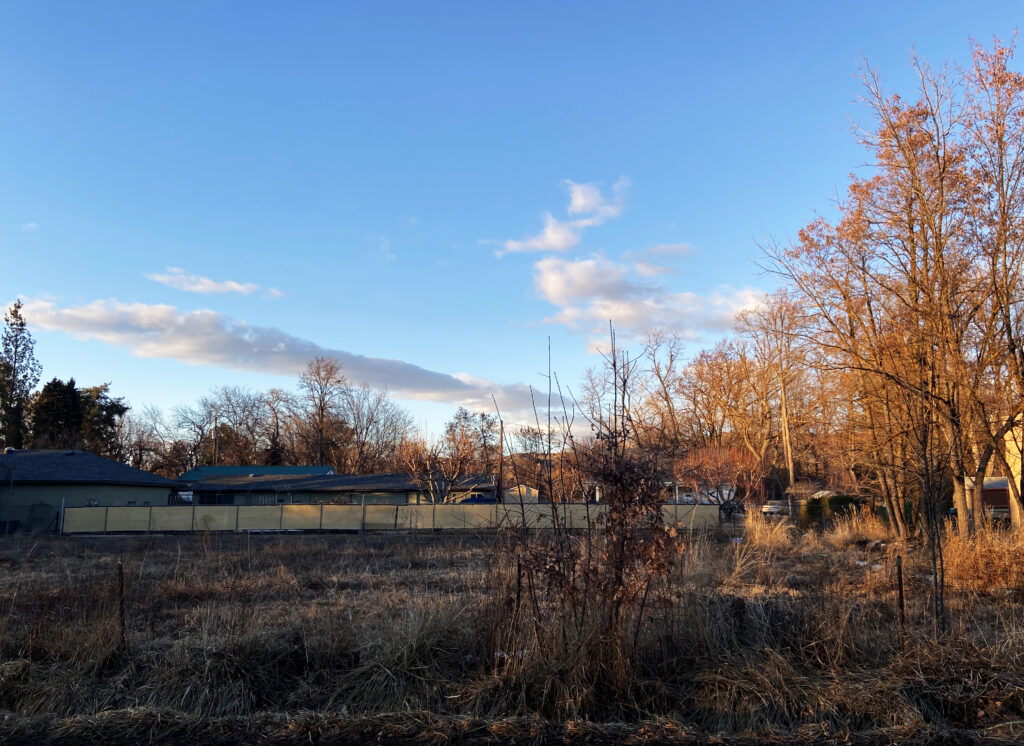
Collister United Methodist Church (UMC) in Boise is doing its part to help local families struggling to find housing in the Treasure Valley’s overvalued market. They hope that their example will encourage other faith groups in the area to do the same.
Last February, local nonprofit LEAP Housing Solutions began a series of discussions with the community about converting unused church land into housing for people with lower incomes. Joe Bankard, pastor at Collister UMC in 2016 and chair of the philosophy department at Northwest Nazarene University, said his church had already been discussing how to best use an empty plot of land on its property and reached out to learn more.
“Our council talked through what we could use it for – everything from a community garden, where we could grow food, a park, or a bigger parking lot – but housing was on our minds,” Bankard said. “Affordable housing was a crisis at that time and it wasn’t even nearly as bad as it is now – no affordability, rents going up, low availability – so we started looking into that option.”
The name of the campaign, “Yes in God’s Backyard,” is a spin on the term “Not in my backyard” (NIMBY). “Yes in God’s Backyard” is a way to redirect the conversation about affordable housing by asking faith communities to open up their hearts, minds, and available resources to help all community members thrive regardless of income, said Zeb Moers, operations and outreach manager at LEAP.
According to BoiseDev, an informal survey conducted by LEAP found 180 acres of unused or unaccessed land held by 168 faith communities across the Treasure Valley, an area larger than the Boise State campus. “Success comes down to locating land and getting through that planning and zoning process,” Moers said. “That can be a big barrier as well. So once we get the land, can we get the necessary approvals to build toward our mission?”
“We thought what better place to do it than in Idaho. In the Treasure Valley, there’s plenty of unused land on church and faith organization property and this is what we’ve seen to be the quickest way to navigate the process,” he said.
The project with Collister UMC is LEAP’s first with a faith-based organization and will be completed in partnership with CATCH and Our Path Home’s Campaign to End Family Homelessness. The two units, intended to house larger families or multiple adults, are funded through grants and have rents restricted by the U.S. Department of Housing and Urban Development (HUD), which will total no more than 30% of a tenant’s income.

Bankard said his congregation voted almost unanimously to build the units. In working with LEAP, the church does not have to use its own funding but will instead sign a contract with the organization to lease the land for 50 years, something he thinks other congregations might not realize is possible. “The reason it’s 50 years is that most organizations that give money for affordable housing want it to stay affordable housing for at least that amount of time,” he said.
LEAP and Collister UMC hope to complete the project by the end of 2022. The homes will contain multiple bedrooms to be an option for families who can’t find housing elsewhere. “The highest need for affordable housing is families,” Bankard said. “And that’s because if you’re getting government assistance for housing and you have a family of seven, for example, they won’t put you in a two-bedroom, it violates policy, so you have to find a bigger place.”
The high cost of housing with multiple bedrooms can place families relying on voucher programs like Section 8 in precarious situations, as even a Section 8 voucher may not cover the cost of rent in the Treasure Valley. HUD’s Fair Market Rent rates do not match the reality of the current price of housing and high demand means local tenants only qualify for vouchers through a two-and-a-half year long Section 8 waiting list lottery.
Voucher recipients must locate a rental within three months or the voucher is recycled back into the lottery system. Landlords are not required to accept the vouchers. As a result, low-income families are at a disadvantage compared to applicants making enough money to cover the total cost of rent, plus meet standard requirements like earning 3x the monthly rent to qualify.
Collister UMC aims to remove barriers by allowing LEAP to manage the open application process in compliance with the Fair Housing Act. “The church cannot choose, we don’t pick, and it’s not someone from our congregation,” Bankard said.
“Housing is one of the biggest needs in our community and we have land. My call to other churches is you should be doing the same. This is the call of the gospel – that we should be experiencing the world and looking at the world from the perspective of those who have been marginalized, those who don’t have a voice, who don’t have power, who don’t have money.”
